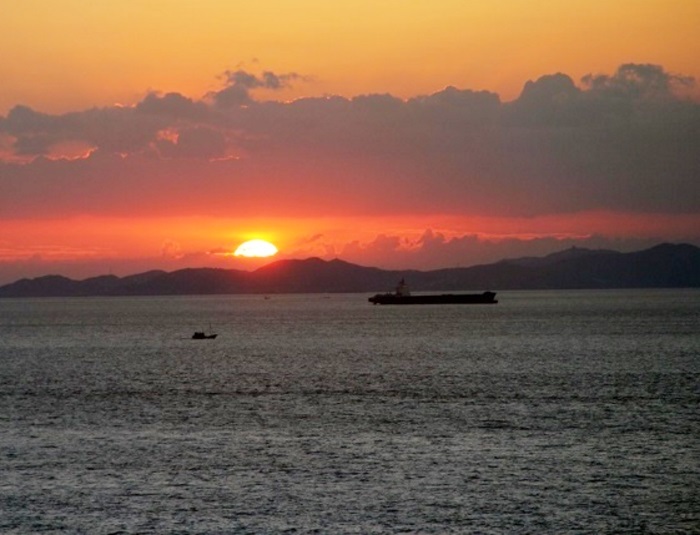Global shipping freight, insurance, and crew wages will likely increase significantly in the near term after Israel launched a retaliatory missile attack on Iranian soil but ongoing loadings are likely to carry on as usual, market participants said April 19.
“From the information we have as of now, the current loadings are going on in key oil [and refined products] producing countries but the situation is very fluid,” a shipping broker in Singapore said. As it is a Friday — a designated public holiday in most Persian Gulf countries — the chartering of ships or lack of it will depend on the scale of the conflict, market sources said.
Sources in refining companies across South Korea said that higher freight for importing cargoes from the Middle East is now a bigger concern as opposed to security issues.
It all depends on how extensive was the attack on Iran, another broker said.
“The Persian Gulf loadings will not be affected so quickly and will probably depend on the scale of Iran’s retaliation,” an executive at a major oil tanker-owning company said. But, he added, the company will seek higher freight for voyages from the region.
Japan’s Mitsui OSK Lines, or MOL, has yet to reply to queries on whether owners see an impact on shipping operations in the Persian Gulf, having already issued “warning incident” to its fleet following Iran’s April 13 seizure of the MSC Aries — a Portuguese-flagged container ship with Israeli-linked ownership — about 50 nautical miles off the eastern UAE port of Fujairah, near the Strait of Hormuz.
It is the prerogative of the management of the tanker companies to decide on offering ships for loading in the Persian Gulf and announcements of any decision will be made by them, a source with another owner said.
Most market participants pointed out that the Ukraine-Russia conflict is a 24×7 full-time war and unless hostilities in the Persian Gulf reach such a stage, trade flows will carry on but become much more expensive as several crew members will either seek higher wages or will be reluctant to serve in voyages in a conflict zone.
East of Suez Long Range freight continued its rising streak for the fifth successive trading session April 18 to reach its highest in over two weeks due to tight supply, particularly for LR2s, market participants said.
It is the Additional War Risk Premia, or AWRP, which will increase manifold in the next few days, industry sources said.
For the last few months, the AWRP in the Red Sea has been 0.5%-1.0% of the value of the hull and machinery of the ship varying with age and size, compared with 0.0001% in the Persian Gulf, they added.
Any blockage on the Straits of Hormuz will result in importers dipping into their strategic reserves and panic buying from West Africa and the US, a VLCC broker said.
Japan’s second largest refiner Idemitsu Kosan was considering procuring crude oil from West Africa and North America as alternative supply sources for potential Middle East supply disruptions, President and CEO Shunichi Kito said April 17, following the rise in tensions between Iran and Israel.
The Persian Gulf and the Red Sea regions have close to 40% share in global oil exports with more than 20 million barrels, equivalent to 10 VLCCs of oil and refined products, and over 10 Bcf of LNG move daily through the Strait of Hormuz alone, according to shipping industry estimates.
During the Iran-Iraq war in the 1980s, only 20% of the global tanker fleet lifted cargoes from the region and that too in blackout conditions, while wages of seafarers doubled, a navigator who sailed such tankers then told S&P Global Commodities Insights earlier this week.
Source: Hellenic Shipping News






